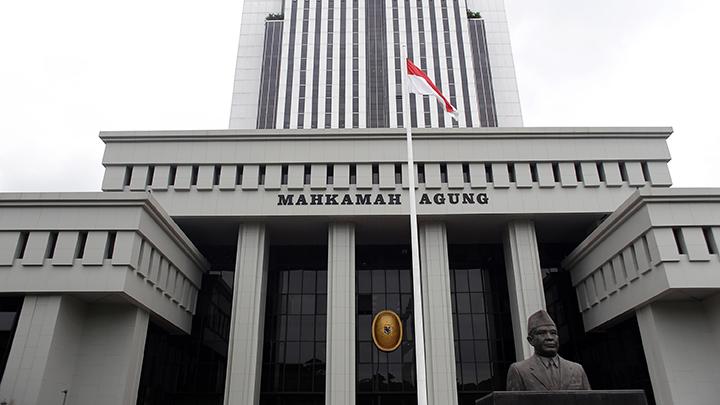By Janakee Chavda
Copyright pewresearch

Majorities in most of the 25 countries surveyed say their political system needs major changes or complete reform.
About eight-in-ten adults or more in Argentina, Brazil, Greece, Kenya, Nigeria, South Korea and the U.S. say their system needs this type of change. In contrast, around three-in-ten share this view in the Netherlands and Sweden.
However, views are more divided on whether change can happen effectively. In some countries, people who view political change as necessary are broadly confident that it can happen. In others, those who want change mostly lack confidence that it is possible.
In some countries, people do not see as much need for reform. Around seven-in-ten adults in the Netherlands and Sweden, along with roughly half in Australia, Canada and Germany, say their political system needs only minor changes or no changes at all.
Views by age and other factors
In nine countries, young adults are more likely than older people to say the political system needs major changes or complete reform. For example, 71% of Indonesians ages 18 to 34 say significant changes are needed, compared with 49% of those ages 50 and older.
In Germany and the Netherlands, however, older people are somewhat more likely than younger people to think their political system needs significant changes.
In most countries, belief that the system needs major changes or complete reform is related to support for the governing party or parties.
For example, 22% of Hungarians who support Prime Minister Viktor Orbán’s party, Fidesz, or its coalition partner, the Christian Democratic People’s Party, say their system needs major changes or complete reform. Among those who do not support either party, 86% say their system needs significant changes. (Refer to the Appendix for more information on how we classify governing parties.)
Desire for change is also closely related to views of elected officials. Those who say that few or no elected officials in their country are honest, ethical, well-qualified, understanding of ordinary people’s needs or focused on the country’s most important problems are generally more likely to want significant change to their political system.
But even among those who say that these qualities describe all or most elected officials in their country, sizable shares still say the system needs significant change. For example, 65% of Americans who believe that all or most elected officials are ethical still say their political system needs major changes or complete reform. (That compares with 83% of those who say few or no elected officials are ethical.)
Confidence that the system can be changed effectively
In 13 countries, people who want complete reform or major changes tend to be more pessimistic than optimistic about the potential for change. For example, about two-thirds of adults in Greece say they want significant changes to their political system but are not confident this can happen effectively. Only 15% of Greeks want significant changes and are confident this can be done.
In seven countries, people who want reform are more optimistic than pessimistic. In India, 59% of adults say their political system needs complete reform or major changes and are confident those changes can be made. By comparison, 10% want change but are not confident this can happen.
In five countries, people who want reform are generally split on whether it can be done. For example, around nine-in-ten Nigerians want major changes or complete reform, with roughly equal shares saying this can and can’t be done.



